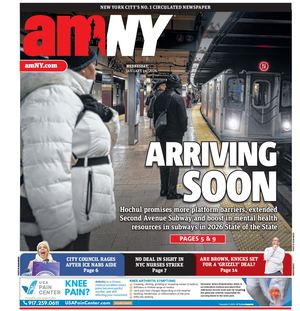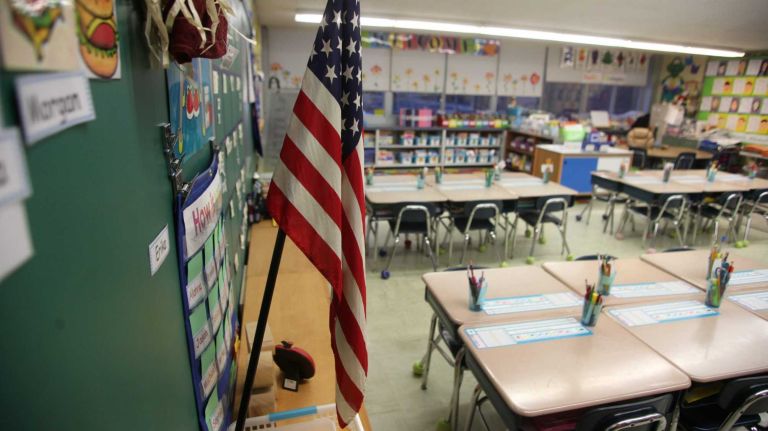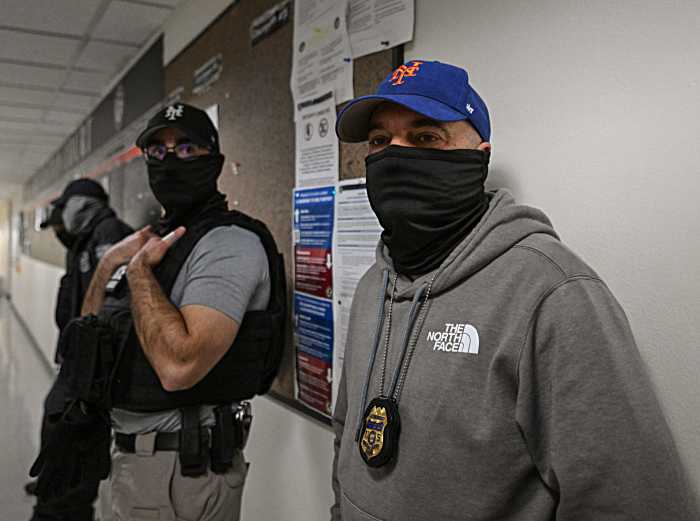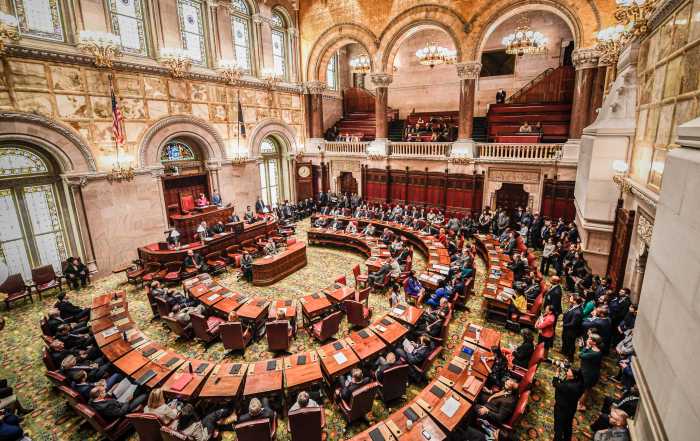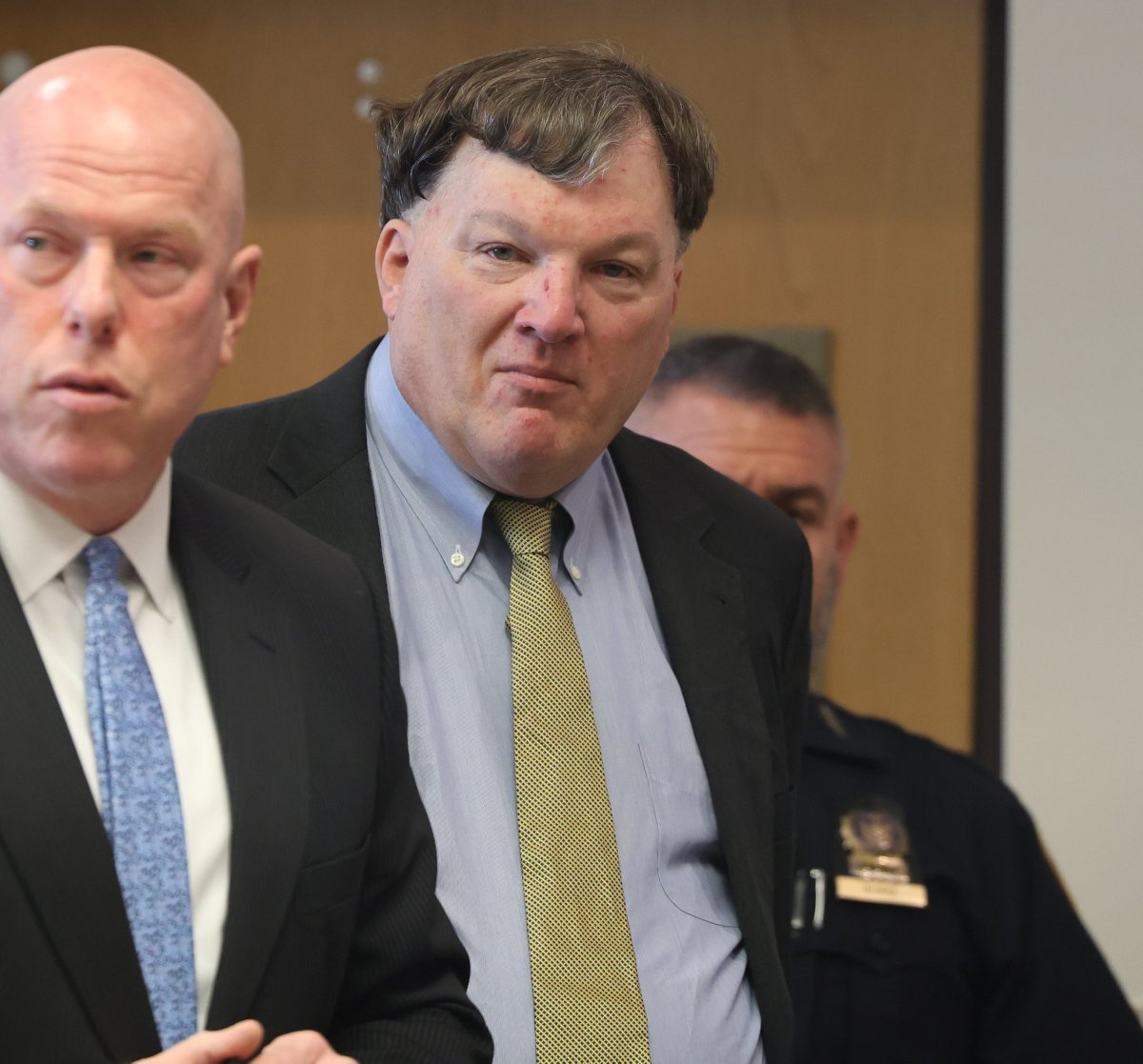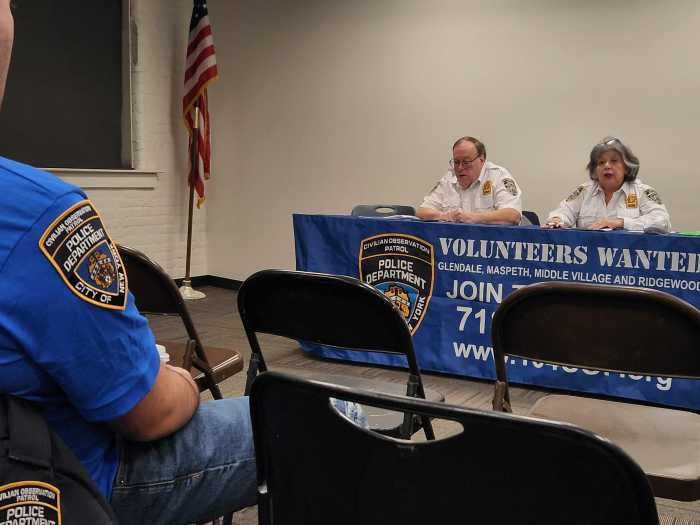
New York’s special- needs community won a long-standing fight last month, when Mayor Bill de Blasio — in an “about face” from the Bloomberg administration — announced an end to the horror faced by too many children with special needs and their parents at the hands of the city’s Department of Education.
When parents determine that public schools cannot meet the needs of their child, federal law allows the child to enroll in a nonpublic school at the cost of the school district. But rather than comply with federal rules, the DOE waited for months to respond to parents’ appeals; annually challenged student placements, despite the child’s Individualized Education Program remaining constant; and put parents in debt by delaying reimbursement payments.
Years of complaints and advocacy paid off when Assembly Speaker Sheldon Silver and de Blasio announced sweeping changes to the flawed DOE system.
The most important change, which alleviates an incalculable amount of time, stress and monetary loss, requires the DOE not to challenge a child’s placement unless the child’s IEP changes. This is basic common sense. Why force a parent to engage in a lengthy legal battle with the DOE if the IEP remains the same?
Having been out of compliance with the federal regulation of resolving placement appeals within 90 days, the second change requires the DOE to resolve appeals within 15 days.
Finally, when placement and tuition reimbursement are approved, the third change requires DOE to present a payment schedule, including amounts, to parents. Currently, parents shoulder large tuition bills indefinitely, with no timetable about reimbursement.
We learn two lessons from this successful advocacy effort. The first is that change can happen, even if it takes longer than expected. The second is that change occurs when allies unite. The agreement is a lesson in cooperative government combined with passionate and unwavering advocacy. And the result is a win for the NYC special-needs community.
As we look forward to September, we’ll be watching to make sure the DOE’s new policies are implemented quickly and fairly. Our special-needs community deserves at least that much.
